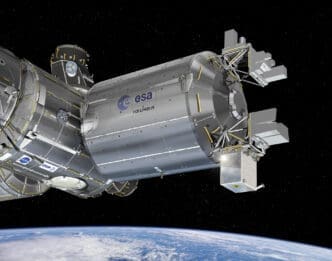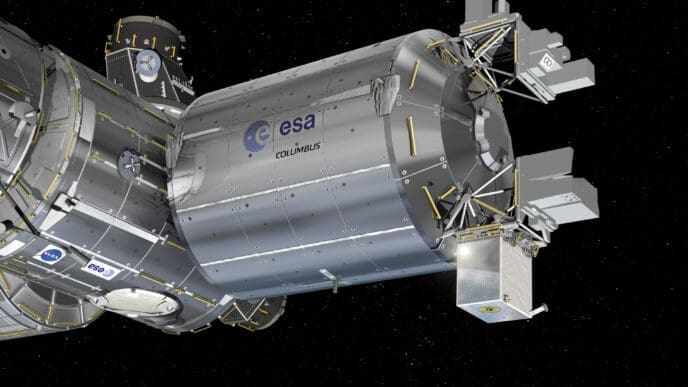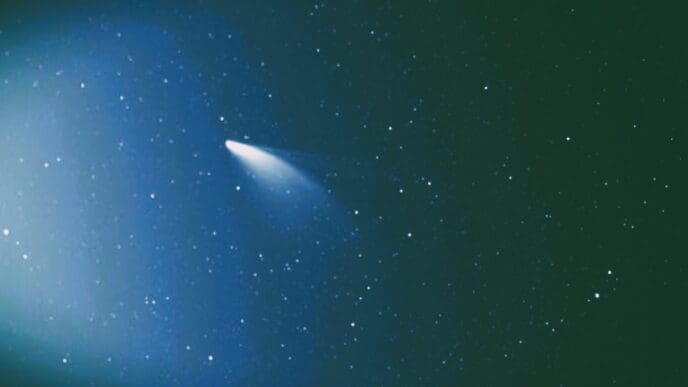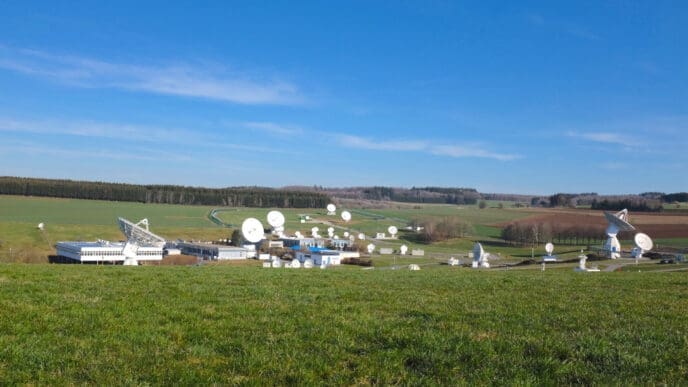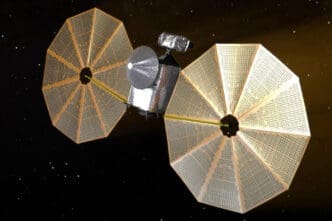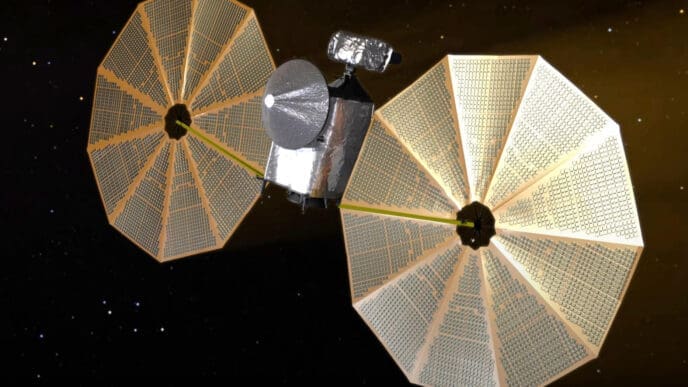China’s national space agency is undergoing a significant change in leadership as Zhang Kejian, who has led the agency since 2018, is expected to step down.
Zhang Kejian, aged 63, has been at the helm of the China National Space Administration (CNSA) since May 2018. Recently, it was announced that he is to be relieved of his role as Party Secretary of the State Administration for National Defense Science, Technology, and Industry (SASTIND). This restructuring comes amid broader changes, with Shan Zhongde, 54, stepping in as his successor. Although CNSA has yet to formally confirm the transition, it is anticipated given Shan’s recent promotion to one of the vice ministers of the Ministry of Industry and Information Technology (MIIT), which oversees SASTIND.
Under Zhang’s leadership, CNSA has seen remarkable achievements, including the first landing on the far side of the moon, the collection of lunar samples from both sides of the moon, the landing of a rover on Mars, and the construction of the modular Tiangong space station. These accomplishments have positioned China as a formidable player in the global space arena. Zhang’s tenure also oversaw the completion of the Beidou navigation system and the initiation of a program aiming to send astronauts to the moon by 2030.
Zhang Kejian was recognized in Time magazine’s list of the 100 most influential people in 2019, reflecting his impact on the space sector. The CNSA’s role extends beyond national projects; it also involves fostering international partnerships, such as the International Lunar Research Station (ILRS), and cooperation with entities like the China Aerospace Science and Technology Corporation (CASC) and the human spaceflight agency, CMSEO.
Zhang’s anticipated departure may be a routine part of political reshuffling, possibly due to retirement, reassignment, or promotion. However, it could also be reflective of other underlying factors such as performance-related issues or policy disagreements. Historically, previous CNSA administrators like Tang Dengjie, Xu Dazhe, and Ma Xingrui have moved on to significant roles elsewhere within China.
Meanwhile, Shan Zhongde is expected to lead as the nation advances its crewed lunar mission and continues to seek collaboration with international partners on the ILRS project. His background as the president of Nanjing University of Aeronautics and Astronautics and his engineering expertise provide him with a solid foundation to guide China’s space endeavors. CNSA faces a dynamic future as it aims for technological self-reliance and further cements its status in the realm of space exploration.
The leadership change at China’s national space agency marks a new chapter in its space exploration and innovation journey. With past successes setting a high bar, the new leadership aims to continue China’s trajectory towards becoming a global space leader.
Source: Spacenews



